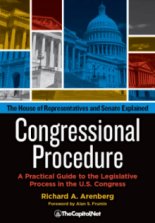Social Security: What Would Happen If the Trust Funds Ran Out?
Should I Defer My Social Security Payout? Social Security’s income and outlays are accounted for through two federal trust funds: the Federal Old-Age and Survivors Insurance (OASI) Trust Fund and the Federal Disability Insurance (DI) Trust Fund. Under their intermediate assumptions and under current law, the Social Security trustees project that the DI … Read more




